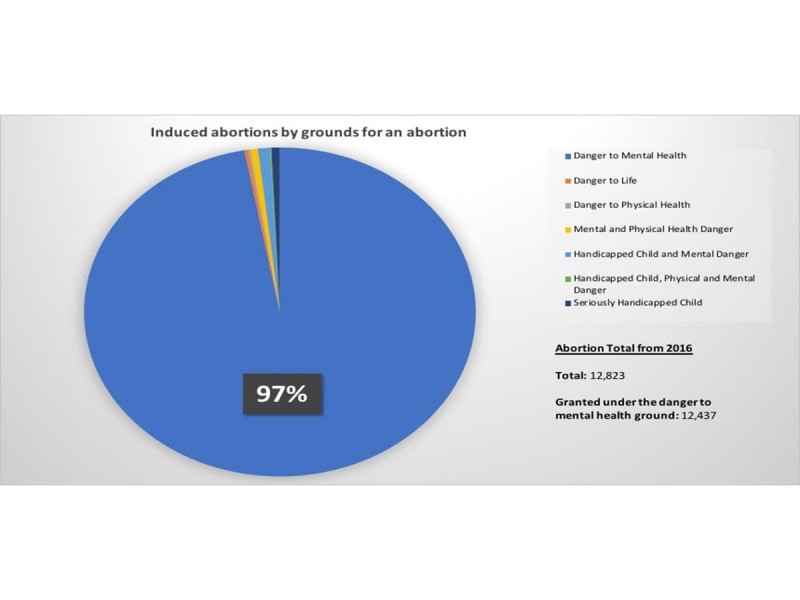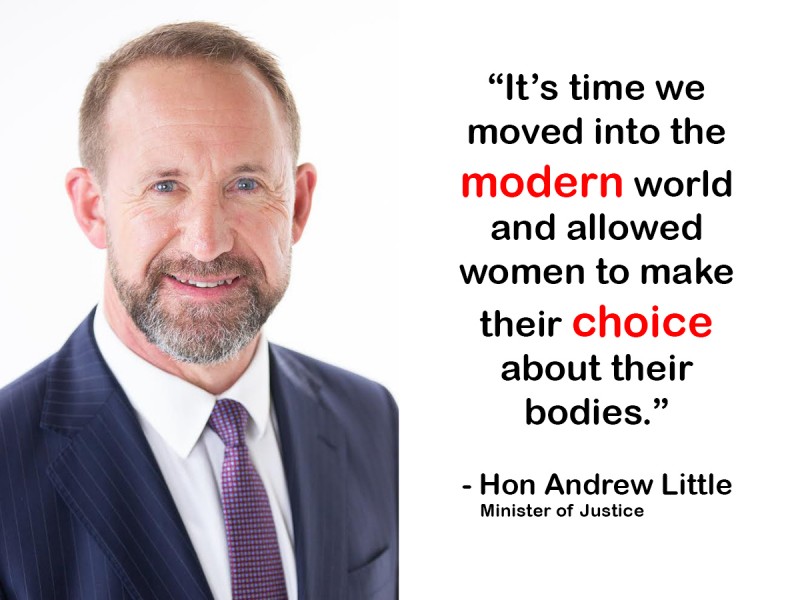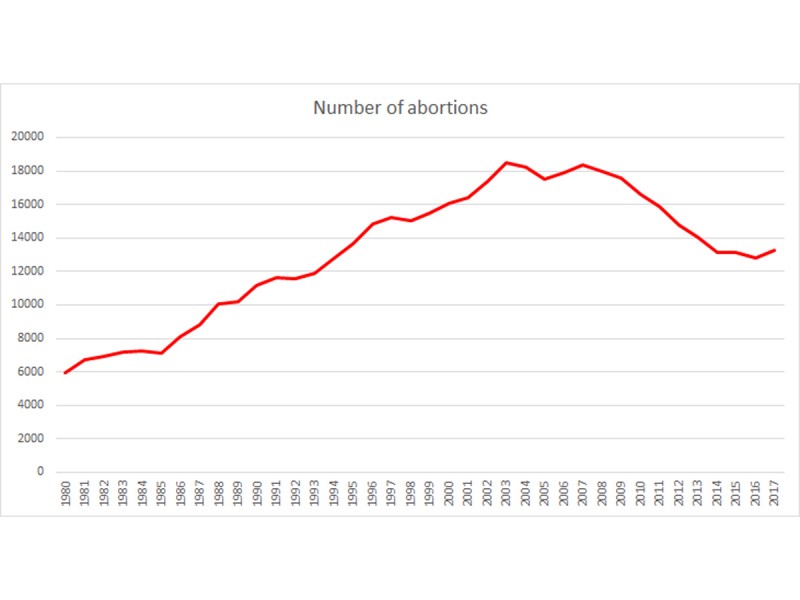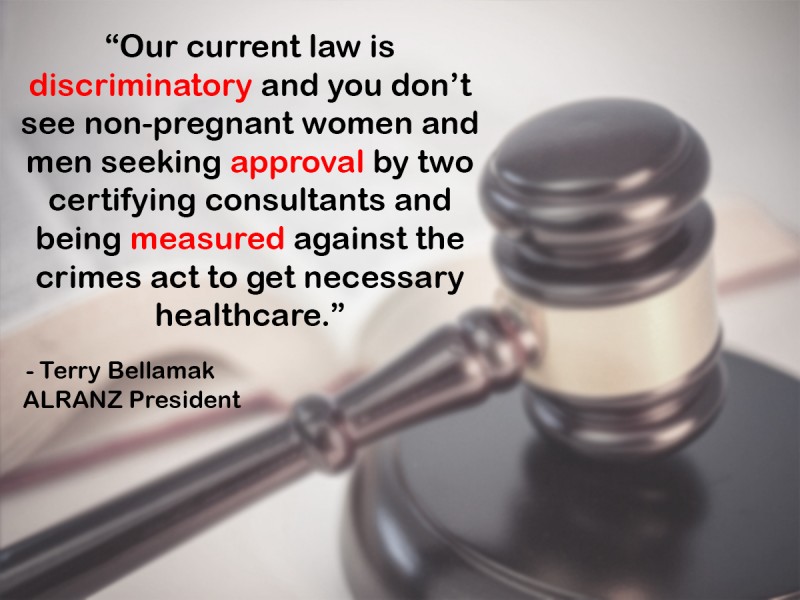As a Christian, Laura believes life begins at the moment of conception and that a brand new human being is then created in the image of God.
From a medical perspective, Dr. Sue Bagshaw from 298 Youth Health in Christchurch has the opinion that life begins when a child is born. She believes the fertilised egg is part of the woman’s body, and therefore it should be the woman’s choice to decide what happens to her body.
“I think it should be the individual’s choice, I take the view that life begins when you’re born, some people take the view that life begins when the sperm meets the egg, but so many fertilised eggs actually disappear naturally, that’s part of nature and I don’t know how you can say life begins at that stage.”
Similar to Andrew Little, Dr. Bagshaw thinks abortion should not be criminalised.
“I think it’s awful, it shouldn’t be a criminal issue, it’s a health issue,” said Dr. Bagshaw.
“The choice of a woman to terminate a pregnancy should not be criminalised in the way it is at the moment,” said Minister Little.
During the late 1900s, abortion rates were the lowest they’ve been in a long time. Terry Bellamak feels when the original law for abortion was put in place in 1977 the culture back then was much more sexist, that even getting a divorce was frowned upon.
From 1994 – 2017 there has been no year where abortion rates have been below 12,000 in New Zealand.







